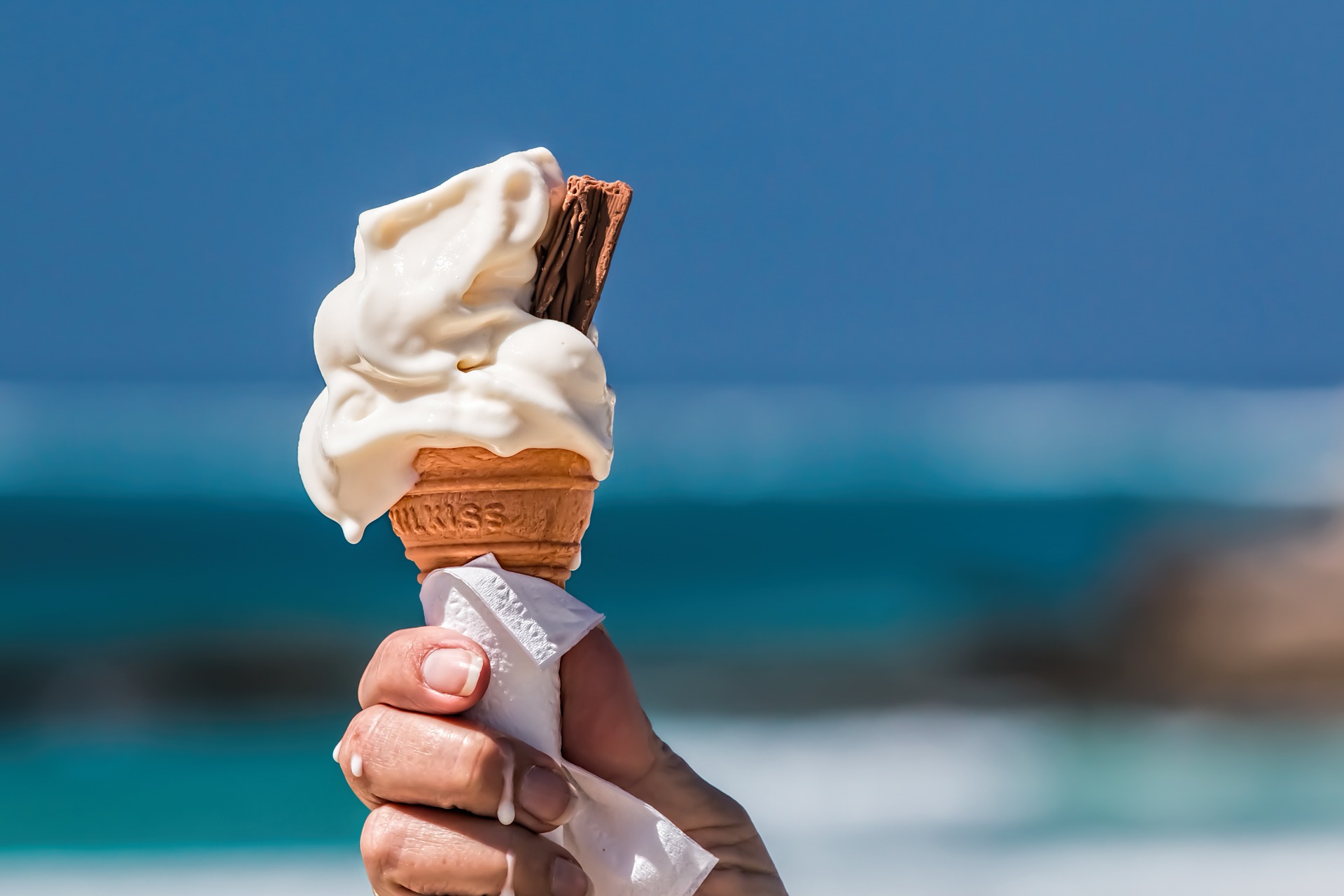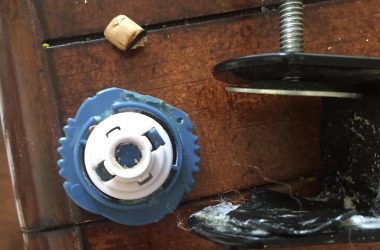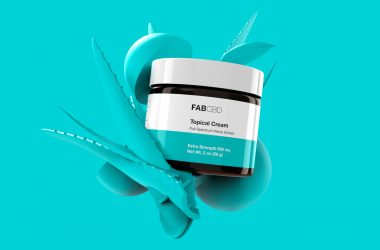In addition to the effects of caffeine, sugar, and chemicals on the body, many other things in the food you eat can affect your sleep. Large amounts of processed foods are especially bad.
Eliminating fat, sugar, and preservatives from your diet will not only help you fall asleep easier at night it will also improve your overall health. The best diet is a well-balanced one with the daily recommended food allowances.
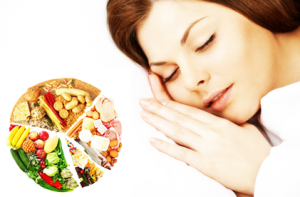
You may have food allergies that you are not aware of. Common foods that are known to be allergens for many people and that may contribute to insomnia are corn, dairy products, wheat, and chocolate.
Your last meal of the day should be at least four hours before bed. Eat a healthy, well-balanced meal. Eat enough so you don’t find yourself hungry later but try to avoid overeating as this may make you drowsy soon after eating.
If you must snack, avoid food that is high in protein, fat, and sugar or food that is heavy or spicy. Try not to snack within an hour or so of bedtime.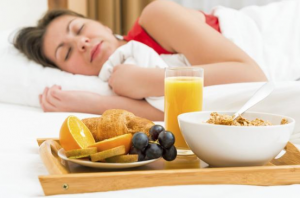
Cereal or low-fat yogurt is a good choice for a snack. You want to hunger pangs but not overindulge.
While drinking around 8 glasses of water a day is recommended and healthy, if you frequently wake up needing to urinate, you should limit the amount of water or other liquids you drink in the late evening.
Your goal is to be able to fall asleep naturally and sleep deeply through the night. The healthier your diet is the more emotionally and physically balanced you will feel.

